Breaking News


Popular News

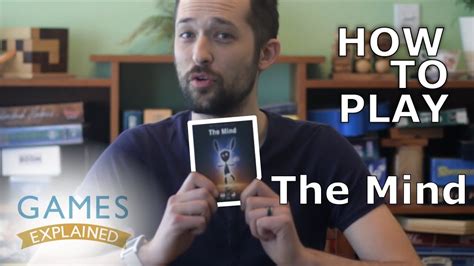
Discover the cognitive benefits and psychological effects of strategy games on decision-making, competition, emotional intelligence, mindfulness, and problem-solving skills. Sharpen your mind with gaming.Are you a fan of strategy games? Whether you’re into chess, poker, or video games like Civilization or StarCraft, these types of games have a lot more to offer than just entertainment. In fact, the world of strategy games goes beyond fun – it delves into the realm of psychology and cognitive development. In this blog post, we will explore the fascinating connection between the mind and strategy games. From the cognitive benefits to the impact on decision-making skills, we will delve into the psychological effects of competition, strategic thinking, problem-solving, emotional intelligence, mindfulness, and focus in gaming. Get ready to uncover the hidden layers of strategy games and discover how they can unlock your potential in ways you may not expect. So sit back, relax, and get ready to level up your understanding of the psychology of strategy games.
Contents
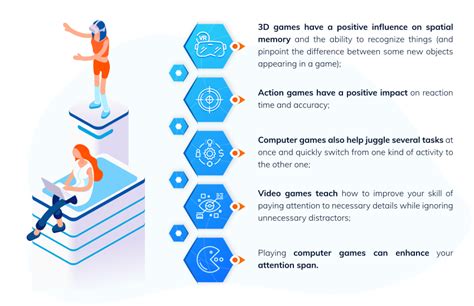
Strategy games are not just a source of entertainment, but they also offer numerous cognitive benefits for the players. By engaging in strategic thinking and decision-making, players are able to improve their problem-solving skills and critical thinking abilities. These games require players to analyze situations, anticipate their opponent’s moves, and formulate effective strategies to achieve their goals, which in turn helps in enhancing their cognitive functions.
Moreover, playing strategy games can also lead to improved memory and concentration. As players need to remember their past moves and outcomes, it helps in exercising their memory. Additionally, the need to stay focused on the game for an extended period of time can enhance their ability to concentrate and be mindful of their actions, ultimately contributing to improved cognitive function.
Furthermore, strategy games can also have a positive impact on the overall mental agility of the players. These games often present complex scenarios that require quick thinking and adaptability, which in turn helps in honing the player’s mental agility. They are constantly challenged to come up with new solutions and adapt to changing circumstances, ultimately strengthening their cognitive abilities.
| Benefits of Strategy Games: | |
|---|---|
| Improved problem-solving skills | |
| Enhanced memory and concentration | |
| Positive impact on mental agility |
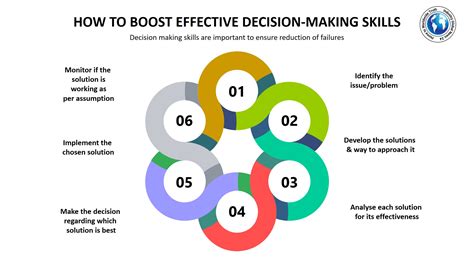
Strategy games have been proven to have a significant impact on decision-making skills. Engaging in these types of games requires players to evaluate their options, consider potential outcomes, and make calculated decisions. This constant exercise of decision-making abilities can lead to improvements in real-life decision-making processes.
Furthermore, strategy games often present players with complex scenarios and challenging problems, which require critical thinking and strategizing. This can help individuals develop a more strategic mindset and improve their ability to make well-informed decisions in various aspects of their lives.
Additionally, the competitive nature of strategy games can enhance a person’s ability to make quick and effective decisions under pressure. This can be particularly beneficial in high-stakes situations, where the ability to make the right decision in a timely manner is crucial.
| Benefits of Strategy Games on Decision-Making Skills | Effects |
|---|---|
| Improved critical thinking | Enhanced ability to evaluate options |
| Enhanced strategic mindset | Improved problem-solving skills |
| Ability to make quick decisions under pressure | Improved ability to weigh potential outcomes |

Competition in strategy games can have a significant impact on the psychological state of the players. The intense nature of competition can lead to heightened levels of stress and anxiety, as individuals strive to outperform their opponents. This can in turn result in a rush of adrenaline, creating a sense of urgency and excitement that can be both exhilarating and challenging.
Furthermore, competition in strategy games can evoke a range of emotional responses, from frustration and disappointment to satisfaction and triumph. The highs and lows of competition can test a player’s ability to cope with both success and failure, ultimately shaping their emotional resilience and fortitude. It is through these experiences that individuals can develop a deeper understanding of themselves and their emotional reactions, ultimately contributing to their psychological growth and development.
Moreover, competition in strategy games can also impact a player’s sense of self-efficacy and self-esteem. The ability to compete and succeed in a challenging environment can bolster an individual’s belief in their own capabilities, leading to an increased sense of confidence and empowerment. On the other hand, repeated failure in a competitive setting can prompt feelings of inadequacy and self-doubt, highlighting the complex interplay between psychological well-being and competition in gaming.
In summary, the psychological effects of competition in strategy games are multifaceted and can have profound implications for a player’s emotional and psychological well-being. By recognizing and understanding the impact of competition, individuals can harness the potential for personal growth and self-discovery, ultimately enriching their gaming experience and psychological development.
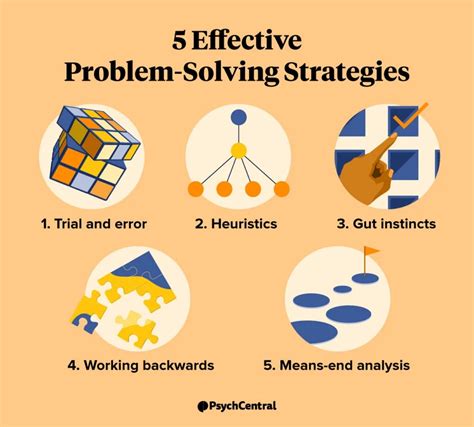
When it comes to strategy games, one of the key benefits is the development of strategic thinking and problem-solving skills. These types of games require players to analyze situations, make decisions, and anticipate potential outcomes, all of which are crucial skills in both the game and real life.
Through playing strategy games, individuals can improve their ability to think critically, evaluate options, and come up with creative solutions to complex problems. This type of mental exercise can have a positive impact on a person’s overall cognitive abilities, and can even be beneficial in academic and professional settings.
Additionally, the challenge of solving problems and making strategic decisions in a game setting can also help individuals develop a greater sense of determination and perseverance, as they work to overcome obstacles and achieve their goals.
By engaging in strategy games, individuals can hone their strategic thinking and problem-solving skills while also enjoying a fun and mentally stimulating activity.
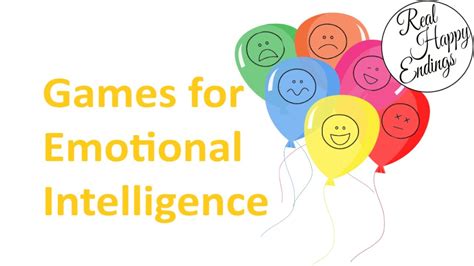
Emotional intelligence is a crucial skill that can greatly impact one’s performance in strategy games. When playing games that require strategic thinking and decision-making, individuals must be able to manage their emotions effectively in order to make rational choices. This ability to understand and control one’s emotions can lead to better gameplay and increased success in the game.
Furthermore, emotional intelligence in game strategies can also positively impact a player’s interactions with other gamers. In competitive gaming environments, it is essential to be able to manage emotions such as frustration and anger in order to maintain focus and composure. By developing emotional intelligence, players can effectively communicate with teammates and opponents, leading to better teamwork and sportsmanship.
Moreover, emotional intelligence can also enhance a player’s ability to adapt to changing game situations. In strategy games, unexpected events and challenges often arise, requiring gamers to think on their feet and adjust their tactics. Individuals with high emotional intelligence are able to adapt more easily to these changes, as they are better equipped to handle stress and pressure, and can remain composed in challenging situations.
| Benefits of Emotional Intelligence in Game Strategies |
|---|
| Improved decision making |
| Enhanced teamwork and communication |
| Ability to adapt to changing game situations |
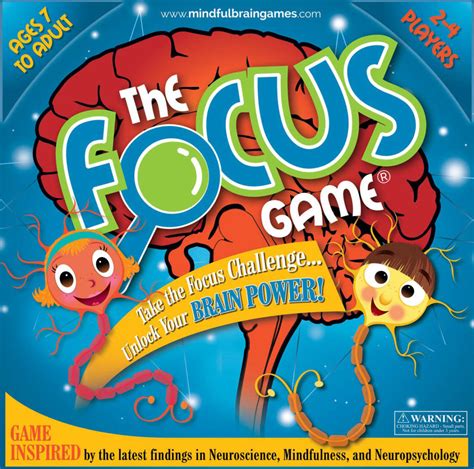
When it comes to playing strategy games, mindfulness and focus are key factors that greatly contribute to one’s success in the game. Mindfulness in gaming refers to the ability to fully engage in the present moment, without being distracted by external factors, while maintaining a clear and focused mind throughout the gameplay. This level of mindfulness and focus is necessary to make quick and accurate decisions that can ultimately lead to victory in the game.
Furthermore, practicing mindfulness and focus in gaming can also have a positive impact on one’s overall cognitive abilities. By constantly training the mind to stay present and focused during gameplay, players can develop improved attention and concentration skills, which can be beneficial in various aspects of their lives outside of gaming.
Additionally, the heightened level of mindfulness and focus in gaming can also lead to an enhanced sense of emotional and mental clarity. As players become more adept at maintaining their attention and focus during gameplay, they can experience reduced levels of stress and anxiety, and an improved ability to manage their emotions and reactions to the game’s challenges and adversities.

What is the psychology behind strategy games?
Strategy games often require players to think critically, plan ahead, and make decisions based on limited information. This can lead to the development of problem-solving skills, strategic thinking, and the ability to anticipate and outmaneuver opponents.
Why are strategy games beneficial for mental development?
Strategy games encourage players to exercise their cognitive abilities, including memory, attention, and decision-making. They also offer a way to de-stress and unwind, while still engaging the brain in a meaningful way.
How do strategy games affect problem-solving skills?
Playing strategy games can improve problem-solving skills by presenting players with complex scenarios that require analytical thinking, evaluation of options, and adaptation to changing circumstances.
Are there any downsides to playing strategy games?
Excessive gameplay can lead to decreased social interaction and physical activity, and may contribute to addictive behaviors in some individuals. It’s important to strike a healthy balance between gaming and other activities.
Can strategy games improve decision-making in real life?
Some studies suggest that regular engagement in strategy games can lead to improved decision-making skills in real life, particularly in situations that require quick thinking, risk assessment, and long-term planning.
What are some popular strategy games to try?
Popular strategy games include chess, Go, poker, Settlers of Catan, Risk, and many digital titles such as Civilization, XCOM, and Starcraft. Each game offers a unique set of challenges and strategic opportunities.
How can I incorporate strategy games into my mental fitness routine?
You can incorporate strategy games into your mental fitness routine by setting aside dedicated time for gameplay, joining gaming groups or clubs, or using game apps for quick, on-the-go challenges.